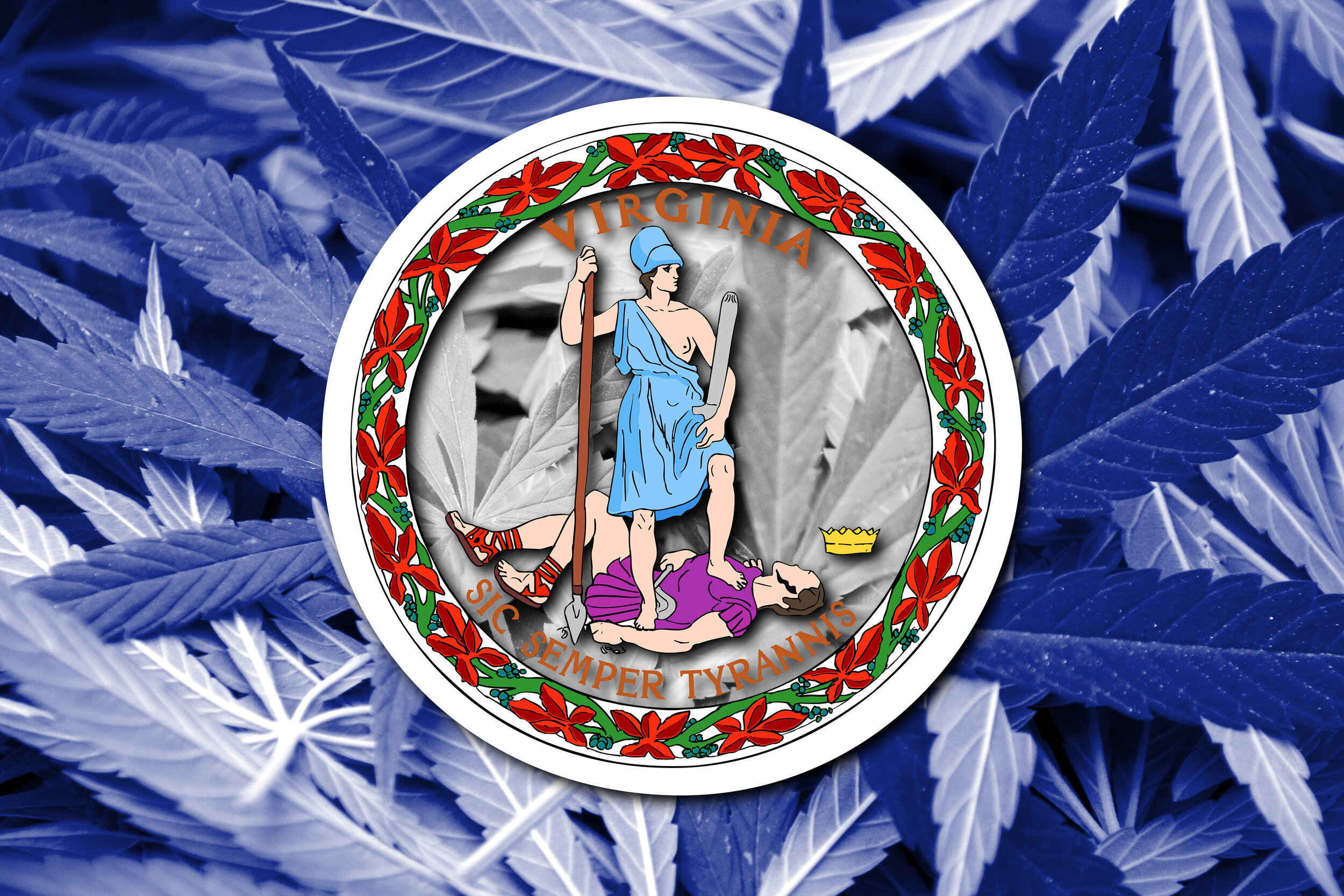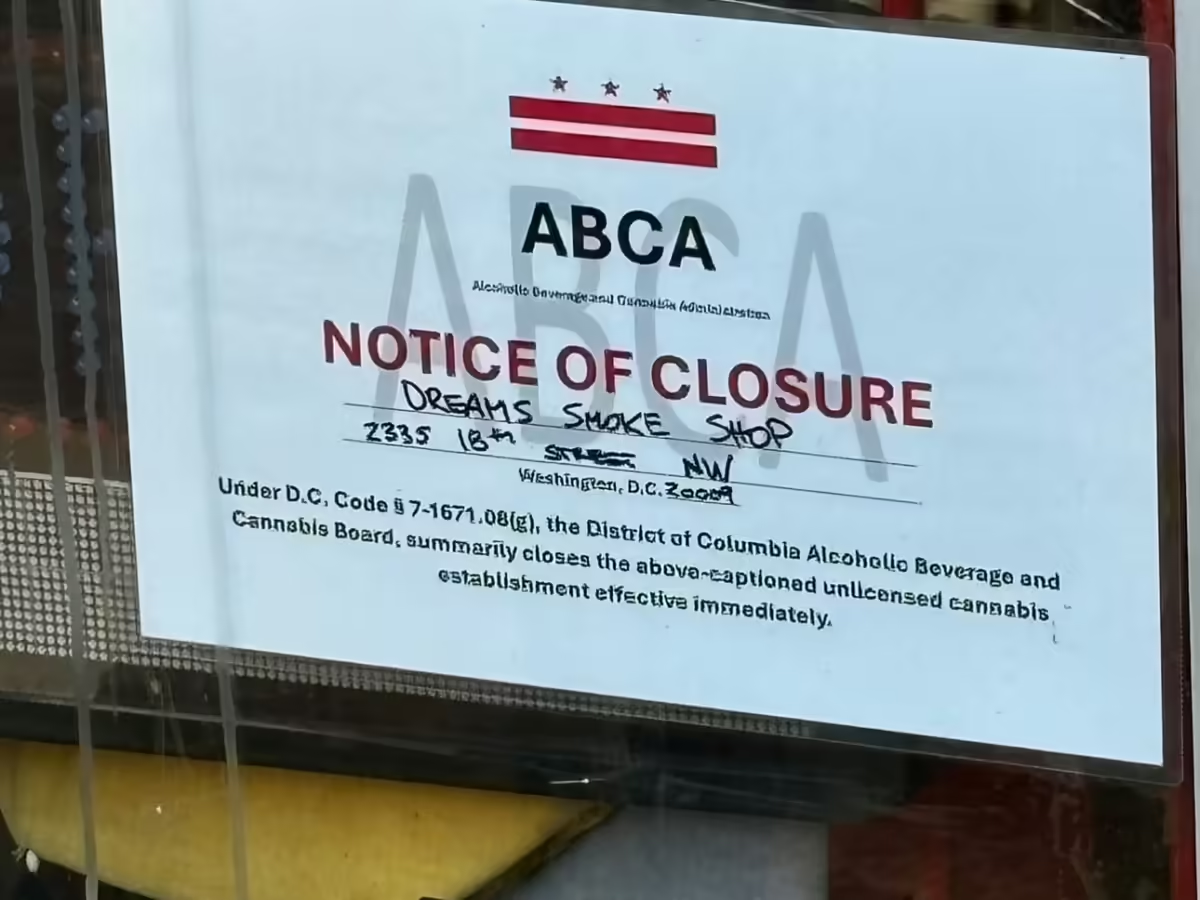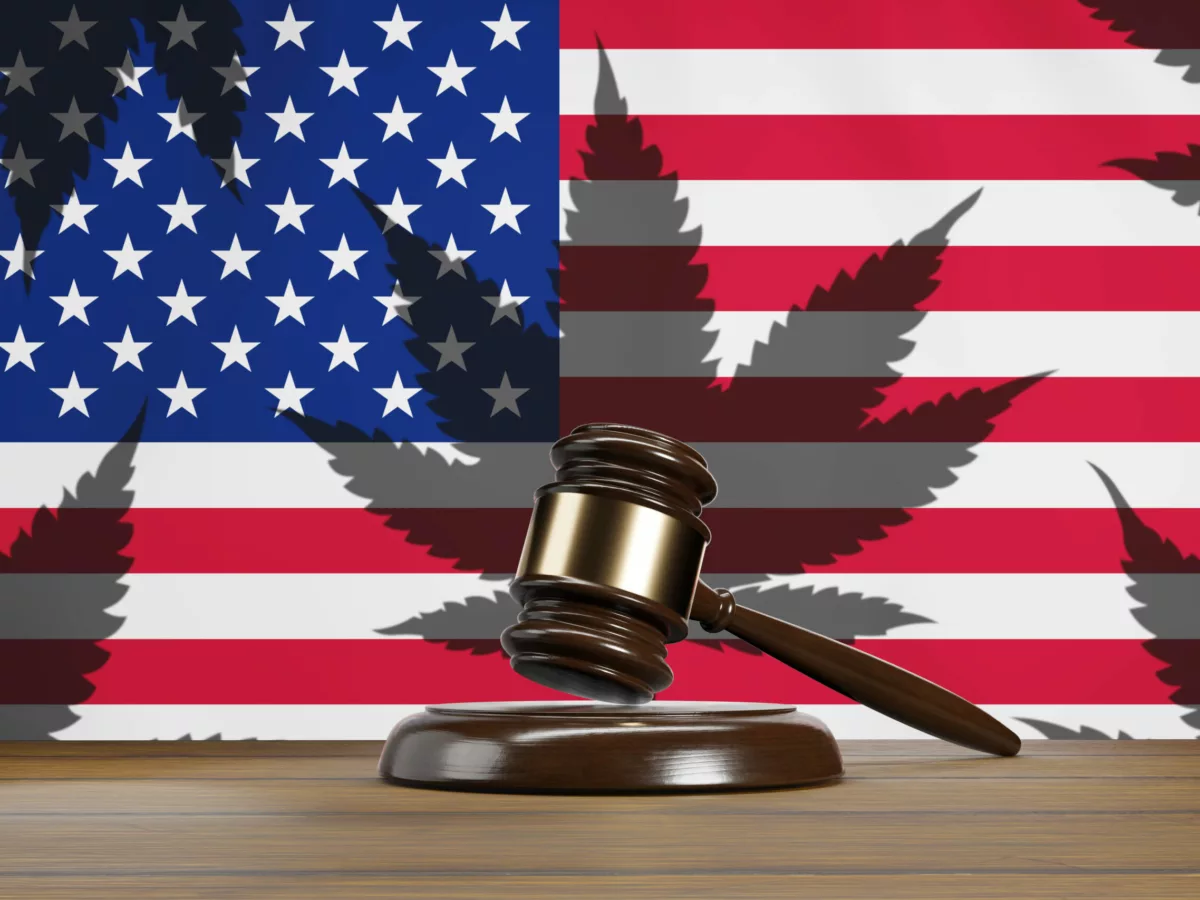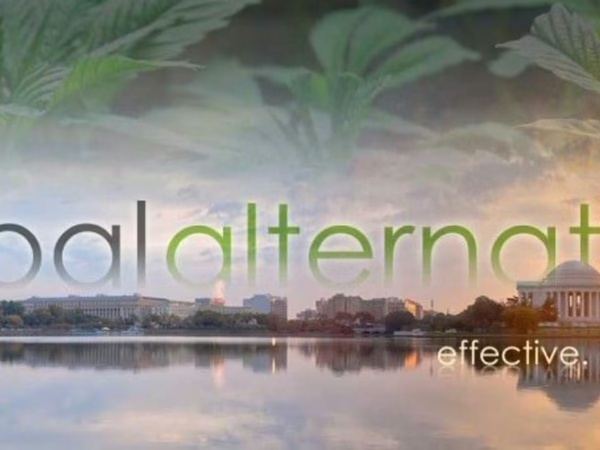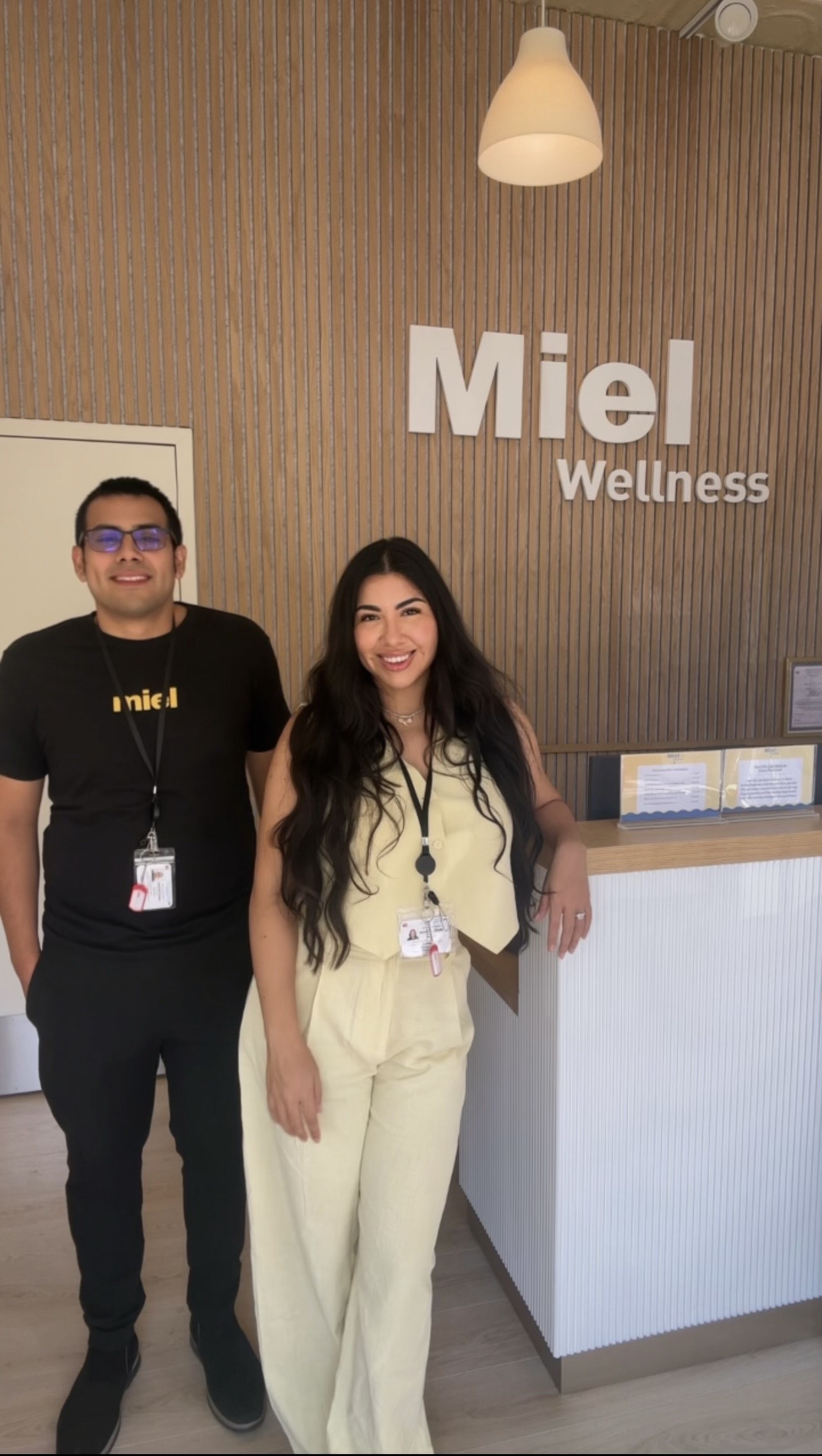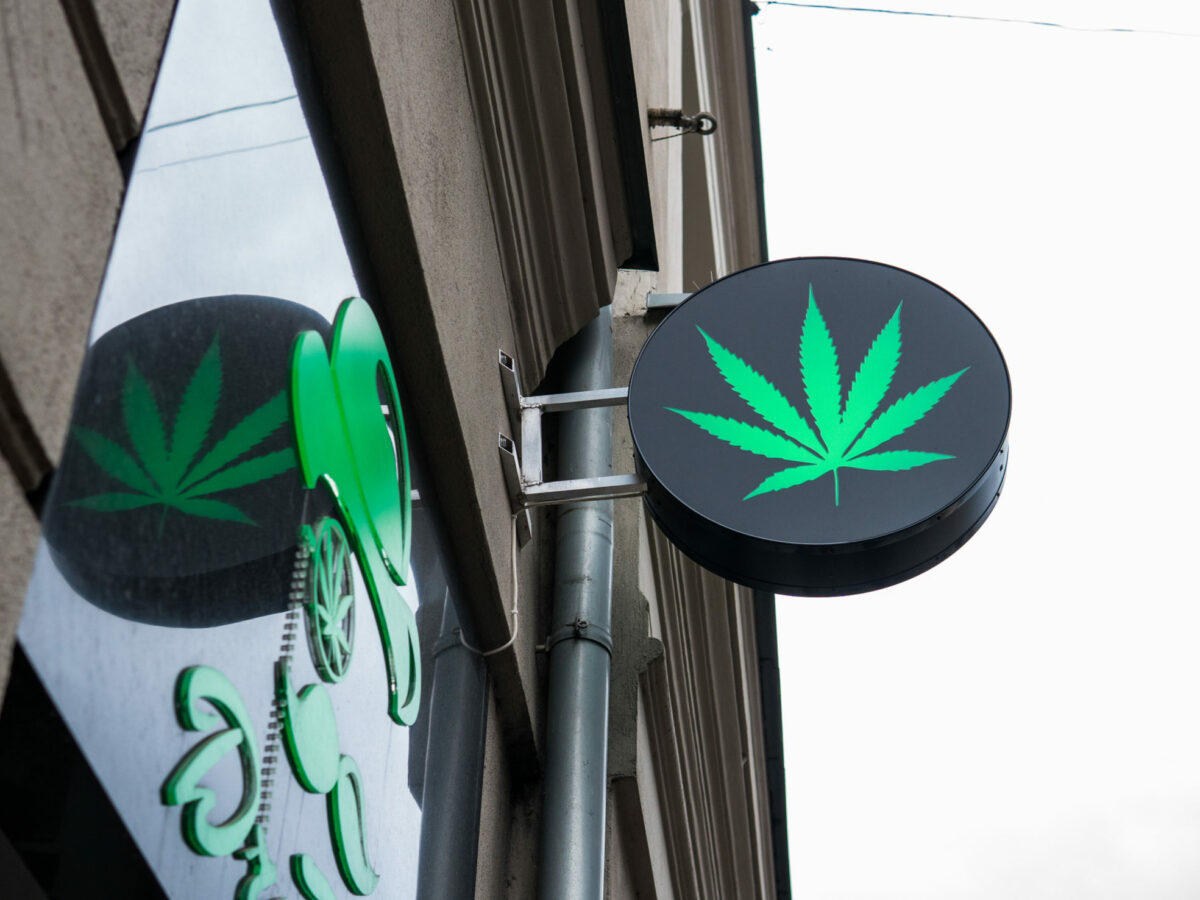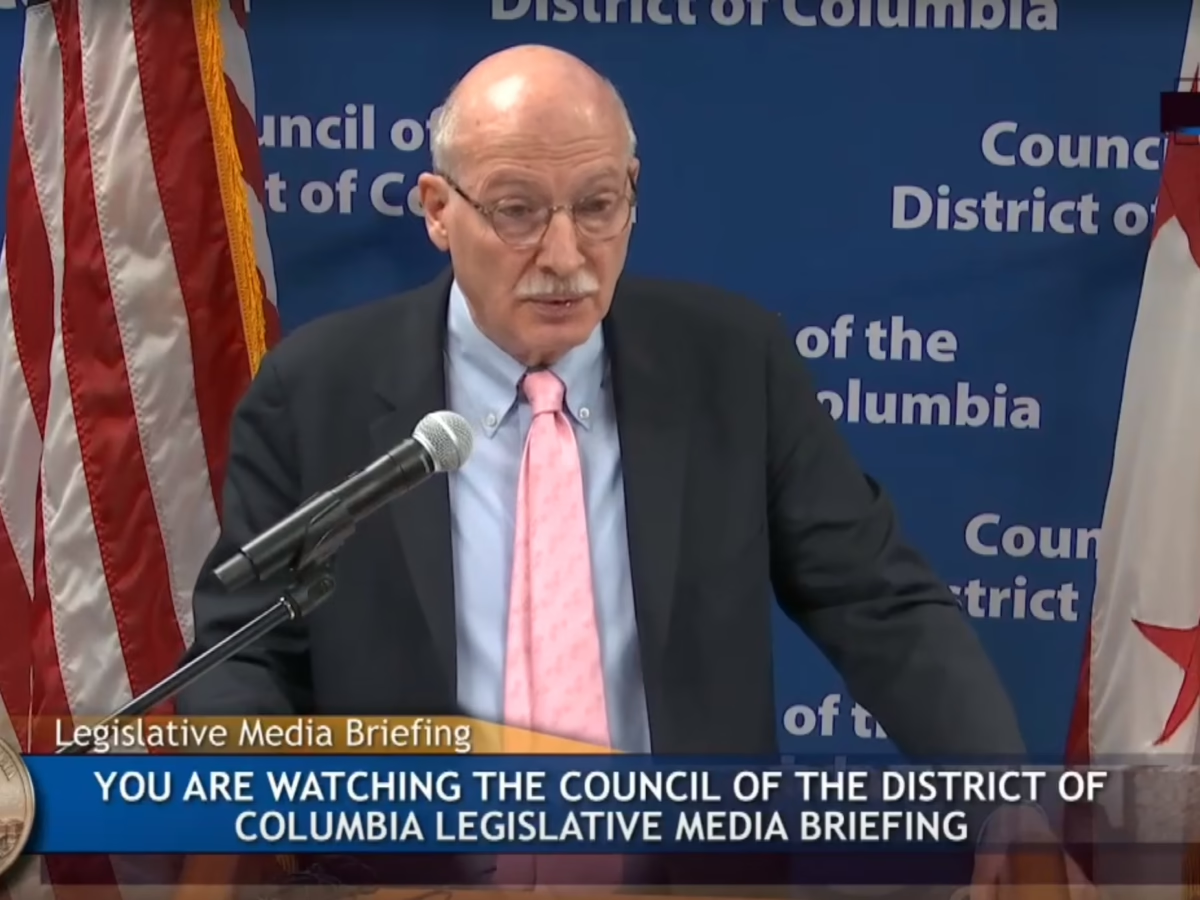Last week, Virginia’s decriminalization of cannabis possession of up to an ounce became official—it goes into effect on July 1. It is the most notable legislation amid a number of cannabis bills that passed in what was a legislative session of sprawling reform regarding cannabis in the state. 18 bills succeeded in passing both the House and the Senate and have been sent to Virginia Governor Ralph Northam.
Along with decriminalization, those bills include the approval of a study to look into legalization of cannabis for recreational use; the permission of THC food products to be regulated and sold; the ability for nursing homes, hospices, and other assisted-living spaces to possess and administer cannabinoid oil and THC oil to residents; the existence of cannabis dispensaries with flower (and expansion of the planned medicinal cannabis program), and more.
Additionally, there is some legislation that will move into the 2021 session such as the expungement of criminal records for cannabis charges and cannabis legalization for adult-use (which makes sense because Virginia is beginning its study into legalization later this year).
You can read The National Organization for the Reform of Marijuana Laws (NORML) Virginia’s breakdown of which bills passed, did not pass, were incorporated into other bills, and will continue into the 2021 session here.
At the same time, it is important to focus on what Virginia’s cannabis reform has not yet done and will not do. As The Outlaw Report observed, media coverage of pot busts suggests that police are less interested in reform and going to hold onto their ability to arrest Virginia’s for cannabis as long as they can. And during a webinar hosted by the American Civil Liberties Union (ACLU) Virginia last month, ACLU Virginia Legislative Director Ashna Khanna explained what is still at stake.
Namely, decriminalization does not mean legalization and that means that even if a Virginian is civilly penalized for cannabis it does not preclude them from being perceived as being involved in “illegal” activity if for example, they were asked on a job application. Decriminalization also does not extend to “intent to distribute” so even an amount of an ounce or less can still result in a felony conviction if police believe you are distributing that ounce-or-less amount. And police can still use cannabis smell as a justification for stopping and searching people.
Virginia National Public Radio affiliate WEMC had a story last week explaining, as reporter Randi B. Hagi said, “even with decriminalization, the legal stakes of using pot remain much higher for some Virginia residents than others.”
WEMC’s Hagi spoke to Christopher Jones, a cook at a restaurant in Harrisonburg, Virginia who violated a protective order in 2017 and was put on probation to suspend his 11-month sentence. But Cook tested positive for cannabis earlier in the year and despite decriminalization, his probation stipulations did not change. He could go to jail this summer—at right around the time that cannabis decriminalization in the state goes into effect.
Moreover, Hagi reported, Jones cites cannabis as something that helps him with stress—and one’s life is stressful when you’re navigating a low-paying job, meeting with probation officers, and staring down a stint in jail. Medicinal cannabis too, is about to come to Virginia but is not currently widely available and only within the context of “affirmative defense.”
“I’d rather smoke marijuana than take a pill,” Jones told Hagi. “Marijuana is medicine, man.”
It is possible that Jones, with the right lawyer, could avoid jail time, the story explained. The larger issue however is that until Virginia gets to legalization, there will always be people like Jones fretting about punishment from using cannabis. Aaron Burgin, a defense attorney in Virginia told Hagi that decriminalization is only “the first step.”
Image by Lukasz Stefanski / via Shutterstock
